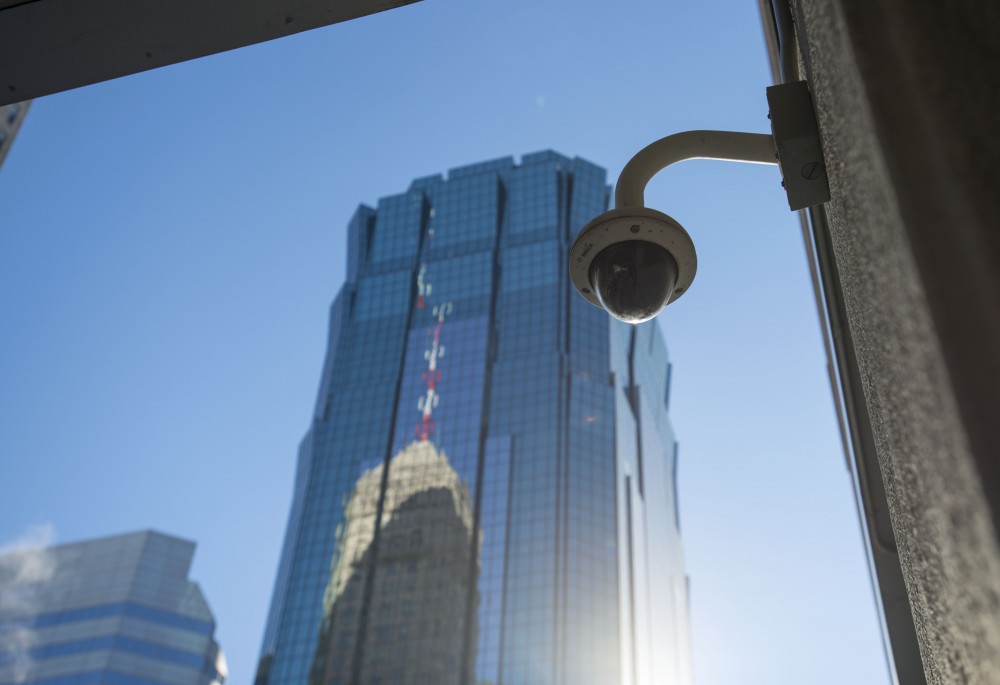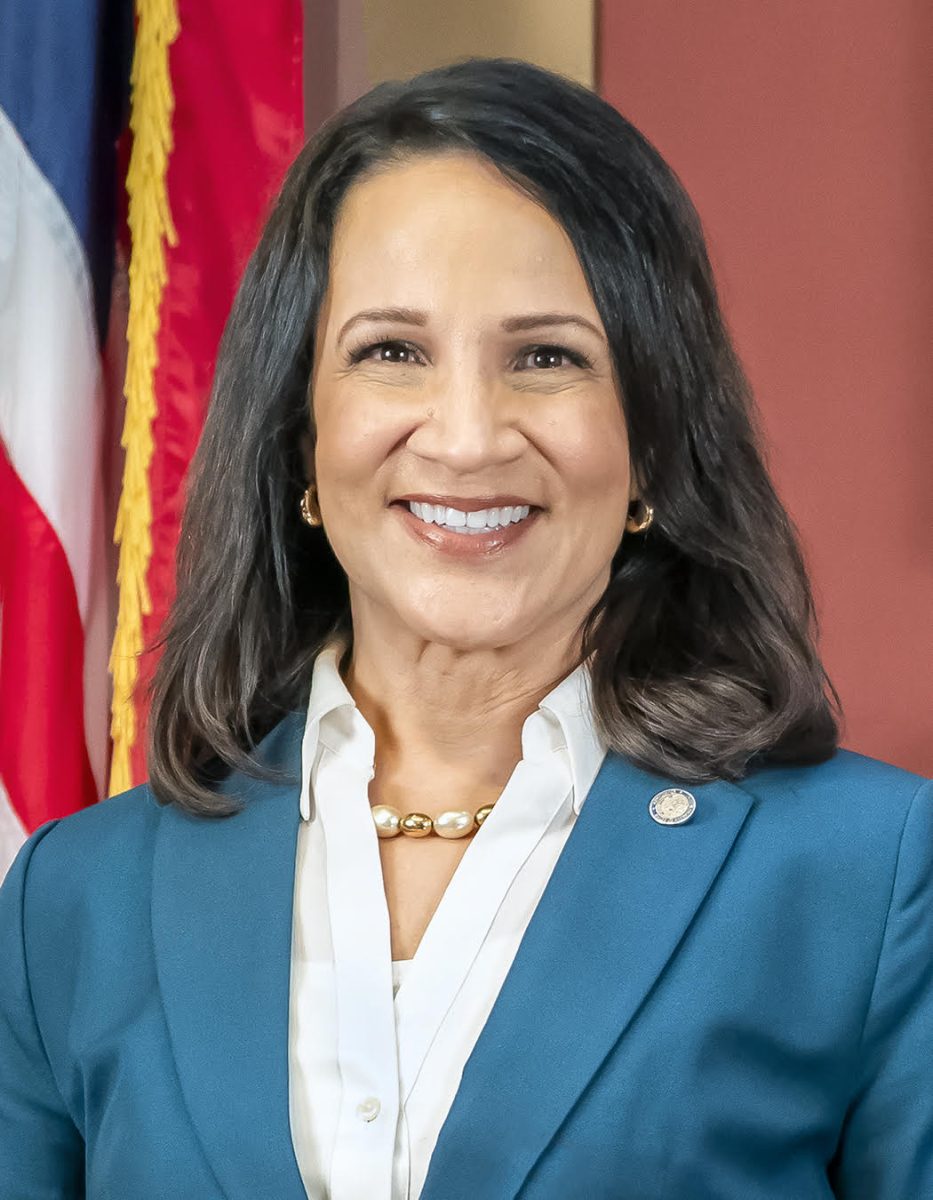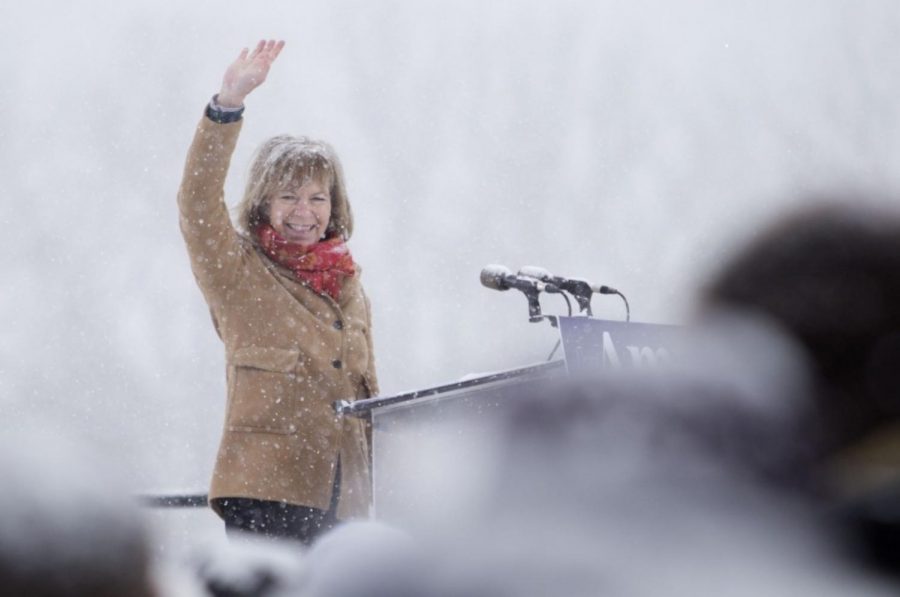Although it’s been over a year since Minneapolis hosted the Super Bowl, remnants of the big game might be here to stay.
The Minneapolis Police Department is considering purchasing surveillance cameras Verizon installed downtown before Super Bowl LII. Seventeen of the 20 cameras – which were installed at no charge to the City – have been operational since, alongside the more than 200 existing cameras citywide. While MPD states the cameras fill holes in its coverage, some City officials have raised privacy concerns.
“They’re the same cameras going into the same video management system as all of our other cameras,” said MPD Commander Scott Gerlicher in a presentation to the City Council’s Public Safety and Emergency Management Committee on Feb. 6. “There’s literally no difference to those.”
Most of the extra cameras line Marquette Avenue in areas MPD defined as high-traffic and high-density, with a few located along Washington Avenue downtown. Ward 3 City Council member Steve Fletcher is concerned about the privacy of residents and stressed the importance of public input before deciding to keep the cameras.
“If people feel like we’re trying to get away with something because we said these are just temporary, so we never had an opportunity for public comment on them because they were just temporary and then they just stayed, that looks very suspect to people,” Fletcher said.
Fletcher said MPD’s presentation did not change his general discomfort with having too many cameras in the city. But he said it did ease some of his bigger concerns, specifically whether the cameras use facial recognition software – which they do not.
“That was one of the things that constituents have been concerned about,” Fletcher said. “Are they identifying people in a way that might generate a list or a database of who’s walking where in the city that could be searchable? That really violates their privacy a lot more.”
While some residents have concerns, others believe the benefits outweigh the concerns about privacy, said attorney and Downtown Minneapolis Neighborhood Association board chair Joe Tamburino. Minneapolis should follow the example of major cities that have adapted large-scale use of surveillance cameras, he said.
“When you have the eye in the sky looking down on areas [where] there’s criminal activity, it makes it a safer city, and we’re behind the times in it,” Tamburino said. “You go to New York, there’s cameras everywhere.”
MPD has not yet made the decision to accept or decline Verizon’s offer, which would allow the department to purchase the cameras at a reduced rate. Gerlicher said if MPD decides to buy the cameras, they’ll come to the City Council with a request and proceed from there.








